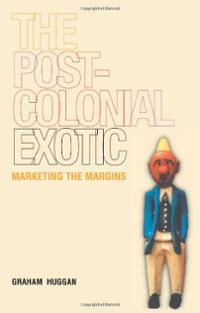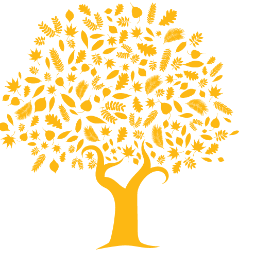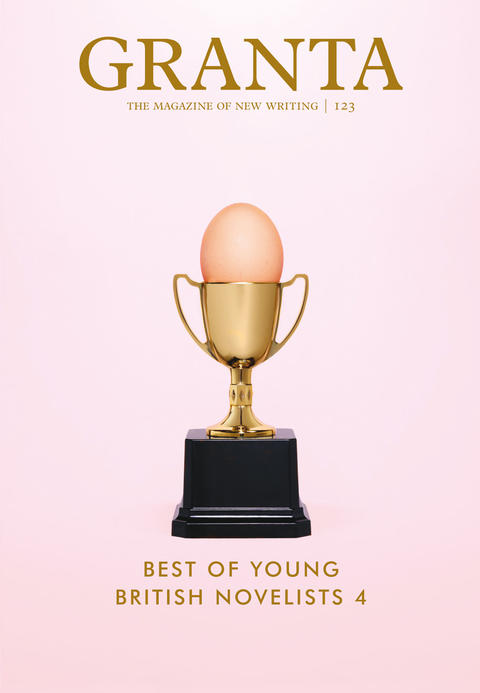The Sea Change, a novel by a former Cambridge-English student, Joanna Rossiter, is out this week.
Author: admin (Page 9 of 10)
A conference to be held at the Institute of English Studies, Senate House, the University of London on 22nd and 23rd March.
Poets and Keynotes:
- David Morley (Enchantment, The Invisible Kings) – Poetry reading with images
- Eóin Flannery (Oxford Brookes University) – ‘Listen to the Leaves: The Ecologies of Contemporary Irish Poetry’
- Jo Shapcott (Of Mutability, Tender Taxes, My Life Asleep) – Poetry reading
- Steven Matthews (University of Reading) will run a training workshop on modern and contemporary poetry research.
Immediately following the final panel sessions of Day 1 of the conference, British Academy Literature Week, in association with the Institute of English Studies and the Royal Society of Literature, presents:
Alice Oswald (A Sleepwalk on the Severn, Woods etc., Dart) – Poetry reading: 6.00pm
Hugh Haughton (University of York) – ‘Poetry and Rivers’: 7.00pm
Conference on Contemporary Experimental Women’s Writing at the University of Manchester, 12 October 2013
The White Review‘s current featured article is a collaboration between literary critic David Trotter and painter Vanessa Hodgkinson on ‘Technoprimitivism’
Trudi Tate recently published The Listening Watch: Memories of Viet Nam – visit her webpage to find out more about the book.

1 – 2 June 2013. SOAS, University of London.
Recent high-profile interventions by politicians in the West declaring the ‘failure’ of multiculturalism have had, as their very thinly disguised context, mistrust in those Muslim communities that have been growing in Western Europe and the United States since the end of the colonial era. The sense that multiculturalism has been a flawed experiment, that ‘unintegrated’ Muslims are evidence of this, has become a truism of much journalism and media coverage.
This conference brings together leading experts from across the social science/humanities divide to examine the intersections and tensions between different approaches to questions of multi-culturalism and to explore the possibility of developing mutually informative interdisciplinary approaches to shed new light on this topic. The aim of the conference is to analyse current critiques of multiculturalism, measure them against other, perhaps more progressive interpretations, and consider the potential offered by lived experience and creative visions of intercultural exchange to offer new ways of envisaging multicultural experience.
Invited participants include:
- Rehana Ahmed
- Valerie Amiraux
- Claire Chambers
- Sohail Daulatzai
- Rumy Hasan
- Salah Hassan
- Tony Laden
- Alana Lentin
- Nasar Meer
- Tariq Modood
- Anshuman Mondal
- Peter Morey
- Stephen Morton
- Jorgen Nielsen
- Lord Bhikhu Parekh
- Amina Yaqin.
The conference is part of the ‘Muslims, Trust and Cultural Dialogue’ project.
Admission: the event is free and open to the public. Booking is
recommend to guarantee a place: www.soas.ac.uk/csp/events/

The call for papers for the European Association for Commonwealth Literature and Language Studies (EACLALS) 15th Triennial Conference, ‘Uncommon Wealths’ is now open. Deadline: 31 August 2013.
Confirmed speakers include:
Shirley Chew
Tsitsi Dangarembga
Terry Eagleton
Abir Hamdar
Dennis Haskell
Neil Lazarus
John McLeod
Priya Sarukkai Chabria
Kim Scott
Stephen Slemon
Stephanos Stephanides
See the website, here, for more details.
POETRY READING: DAVID LEHMAN: TUESDAY 23 APRIL David Lehman is the award-winning author of eight books of poetry, editor of The Oxford Book of American Poetry, and series editor of the Best of American Poetry series for Scribners. He teaches in the graduate writing program at the New School in New York. He will be reading poems from his new collection in the Master's Lodge, Clare College Old Court, on Tuesday April 23rd at 5.30. The reading will be followed by a drinks reception. All are welcome. If possible, let Sophie King (srk35@cam.ac.uk) know that you intend to come - or just turn up.
Granta has selected the next decade’s British novelists under-40 to watch.
Some are expected; some might not be.
Have a look here:
Naomi Alderman
Tahmima Anam
Ned Beauman
Jenni Fagan
Adam Foulds
Xiaolu Guo
Sarah Hall
Steven Hall
Joanna Kavenna
Benjamin Markovits
Nadifa Mohamed
Helen Oyeyemi
Ross Raisin
Sunjeev Sahota
Taiye Selasi
Kamila Shamsie
Zadie Smith
David Szalay
Adam Thirlwell
Evie Wyld
…see more here . . . .http://www.granta.com/Archive/123
– and here too . . . http://www.bbc.co.uk/programmes/b01s0f63
‘[P]ostcolonial is a word on everyone’s lips, even if no one seems to know what it means’
– Graham Huggan (The Postcolonial Exotic, p. 1)
 I put forward Huggan’s introduction to the Postcolonial Exotic with the most abjectly selfish intentions. The Contemporaries research group is, at its heart, an eclectic collection of readers who all work on a body of authors creating literature in the same time period but who are all up to fairly different things. I wondered how the group would respond to the opening of a work that caused a fairly wide ripple in the pool of postcolonial studies but seems not to have touched any other sub-disciplines; how we would go about discussing a text whose ideas have spectacularly wide-reading implications but which positions itself, immediately, as only about this hard to define thing dubbed the ‘postcolonial’.
I put forward Huggan’s introduction to the Postcolonial Exotic with the most abjectly selfish intentions. The Contemporaries research group is, at its heart, an eclectic collection of readers who all work on a body of authors creating literature in the same time period but who are all up to fairly different things. I wondered how the group would respond to the opening of a work that caused a fairly wide ripple in the pool of postcolonial studies but seems not to have touched any other sub-disciplines; how we would go about discussing a text whose ideas have spectacularly wide-reading implications but which positions itself, immediately, as only about this hard to define thing dubbed the ‘postcolonial’.
Huggan’s book is, in the main, about the commodification of cultural difference. It argues that postcolonial authors, broadly those who write about or on behalf of the developing world, exist in an international literary market whose mainstream readers use their texts like tourists use foreign spaces: in search of the exotic. For Huggan,
‘the exotic is not, as is often supposed, an inherent quality to be found ‘in’ certain people, distinctive objects, or specific places; exoticism describes, rather, a particular mode of aesthetic perception – one which renders people, objects and places strange even as it domesticates them . . . Exoticism, in this context, might be described as a kind of semiotic circuit that oscillates between the opposite poles of strangeness and familiarity’ (p. 13).
Thus postcolonial writers are exoticised – made different and marketed for their difference in a way that acts to subordinate and control their products and the people and places they represent.
Our conversation, as I remember it, mainly assessed Huggan’s argument and clarified his claims. At least one participant asked why the text made such a splash – and how and why Huggan’s presentation of these contentions restricted itself to the postcolonial sphere – surely all authors’ objects are similarly ‘exoticised’? Of the things we touched upon the most productive aspect of the conversation dwelled on Huggan’s unspoken indictment of all English academics focused on the contemporary (if not ‘all’ full stop). If we follow his argument to its logical limit, in some sense all of our practice acts to domesticate the strange – our whole function is to select texts that help us to condense peoples, periods, preoccupations and affects into single sentences or bodies of works or pithy lines. We distil complex texts, in conjunction with marketers, agents and editors, into syllabus-fitting and often singular concepts. The biggest question raised, one we couldn’t quite fully cover, was: How do we not commodify?


